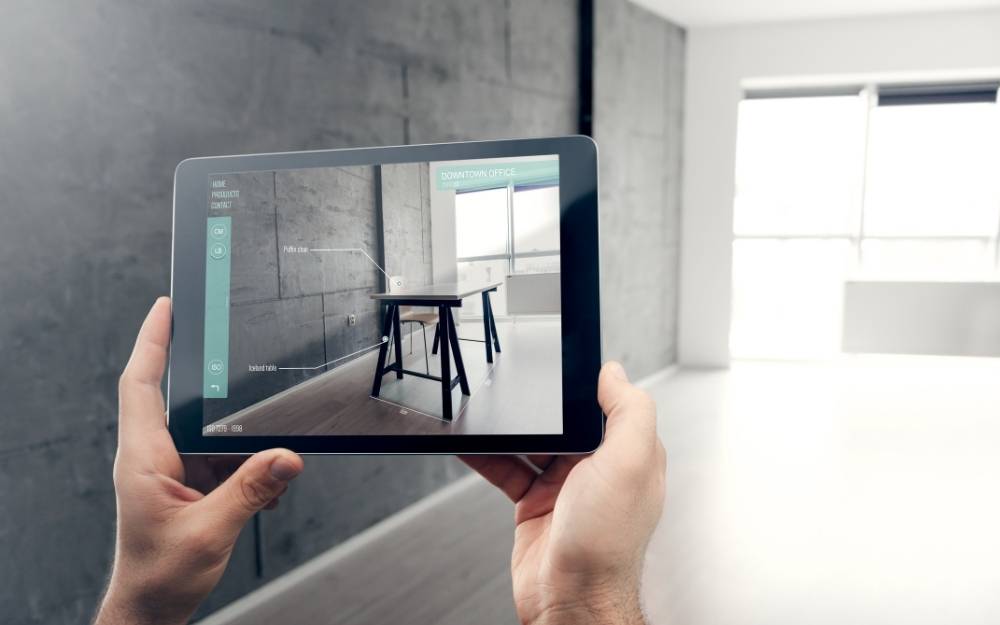Technology doesn’t exist in a vacuum—it shapes and is shaped by culture. From the way we communicate to how we consume art, entertainment, and even education, the intersection of culture and technology is where real transformation happens. As we move into an era defined by AI, digital platforms, and global connectivity, understanding this relationship is key to predicting what’s next for society.

Digital Culture Redefining Human Connection
Social media has already reshaped the way people build relationships and form communities. Platforms no longer just connect individuals—they also amplify cultural trends, spread ideas, and create global conversations in real time. As immersive technologies like virtual reality (VR) and augmented reality (AR) grow, digital spaces will become cultural centers in their own right, blending entertainment, work, and social life.
The Rise of Creative Technology
Art, music, and film are now deeply intertwined with technology. AI-driven design tools, digital art platforms, and streaming services have democratized creativity, giving more people access to audiences worldwide. This shift allows culture to spread faster but also raises questions: how do we preserve authenticity in an age of algorithm-driven creativity?
Technology and Cultural Identity
Globalization has created unprecedented cultural exchange, but it also brings challenges to local identities. Technology can be both a preserver and disruptor of traditions. For example, digital archives and online learning platforms make cultural heritage more accessible, while global streaming platforms often standardize taste. Striking a balance between celebrating diversity and embracing shared digital experiences will define the next chapter.

What’s Next at the Culture-Tech Crossroads?
Here are the key trends to watch:
- Immersive Experiences – From virtual museums to metaverse concerts, technology will make culture more interactive and accessible.
- AI as a Creative Partner – AI will not replace human imagination but will enhance how stories, music, and art are created.
- Digital Heritage Preservation – More institutions will turn to blockchain and digital archives to safeguard cultural identity.
- Cross-Border Collaboration – Global creators will collaborate in real-time, blending cultures through shared projects.
- Ethical Debates – The future will also demand conversations about ownership, bias, and authenticity in tech-driven culture.
Final Thoughts
The future lies in a fusion of technology and culture—where human creativity is empowered by digital tools, and traditions evolve in innovative ways. What’s next is not just about faster tech or new platforms, but about how these changes will shape values, connections, and identities across the globe.



